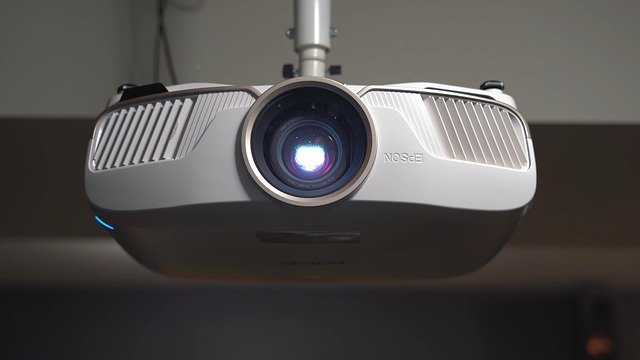Understanding Reverse Mortgages: A Complete Guide for Senior Homeowners
A reverse mortgage is a specialized loan product that allows homeowners aged 62 and older to convert their home equity into cash while retaining ownership of their house. This financial tool has become increasingly popular among seniors seeking to supplement their retirement income or manage unexpected expenses without selling their homes or making monthly mortgage payments.

Key Eligibility Requirements for Senior Homeowners
To qualify for a reverse mortgage, homeowners must meet several criteria. The primary borrower must be at least 62 years old, own their home outright or have a low mortgage balance that can be paid off with the reverse mortgage proceeds. The house must be the borrower’s primary residence, and they must maintain the property, pay property taxes, and keep current with homeowner’s insurance.
Understanding the Financial Impact
A reverse mortgage can provide money in several ways: as a lump sum, monthly payments, a line of credit, or a combination of these options. The amount available depends on factors including the home’s value, the borrower’s age, current interest rates, and the chosen distribution method. It’s crucial to understand that while no monthly mortgage payments are required, the loan balance increases over time as interest and fees accumulate.
Common Uses of Reverse Mortgage Funds
Many elderly homeowners use reverse mortgage proceeds to enhance their retirement lifestyle or address specific financial needs. Common uses include covering healthcare expenses, home repairs and modifications, daily living costs, or paying off existing debts. Some seniors also use these funds to create an emergency financial buffer or supplement their regular retirement income.
Important Considerations and Costs
Before pursuing a reverse mortgage, understanding the associated costs and implications is essential. Here’s a breakdown of typical expenses:
| Cost Type | Typical Range | Description |
|---|---|---|
| Origination Fee | $2,500-$6,000 | Based on home value |
| Mortgage Insurance Premium | 2% upfront, 0.5% annually | Required for FHA-backed loans |
| Closing Costs | $1,000-$3,000 | Includes appraisal, title search, etc. |
| Service Fee | $30-$35 monthly | Optional ongoing service charges |
Prices, rates, or cost estimates mentioned in this article are based on the latest available information but may change over time. Independent research is advised before making financial decisions.
Protecting Your Home and Legacy
While a reverse mortgage can provide financial flexibility, it’s important to understand how it affects your home’s equity and your ability to leave property to heirs. The loan must be repaid when the last borrower moves out or passes away, typically through the sale of the home. However, heirs have the option to keep the home by paying off the reverse mortgage through other means, such as refinancing or personal funds.






